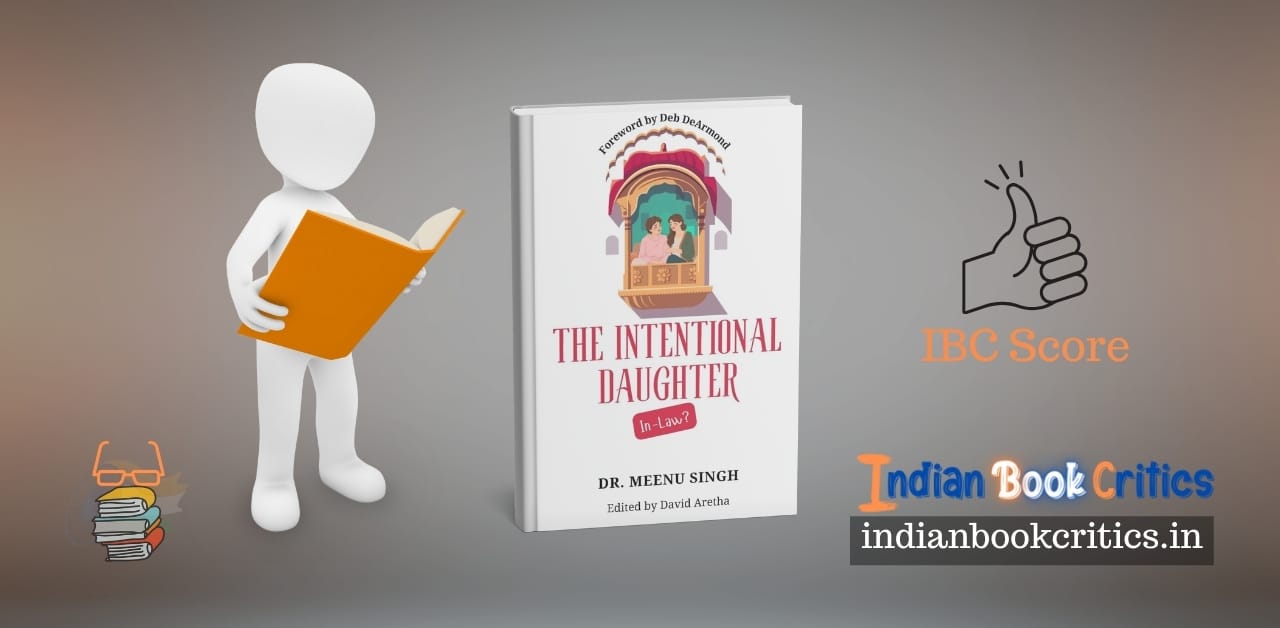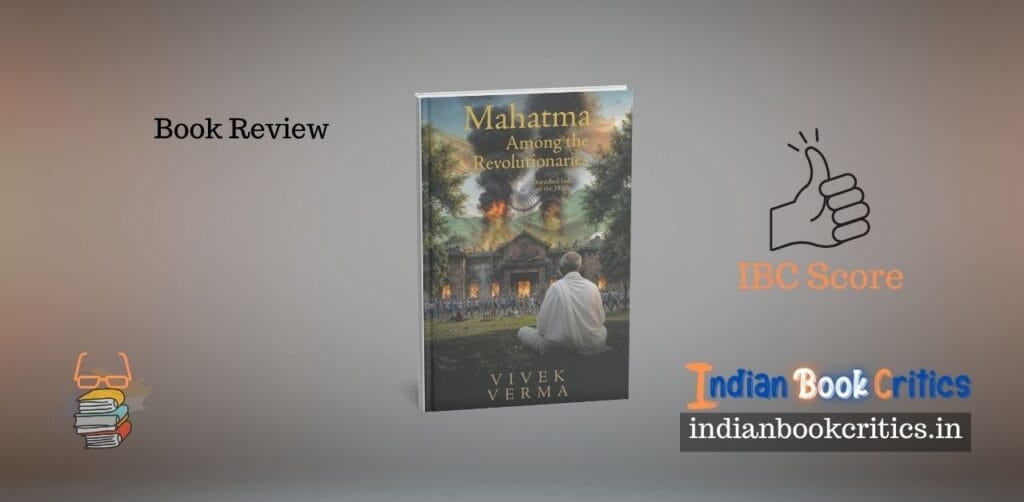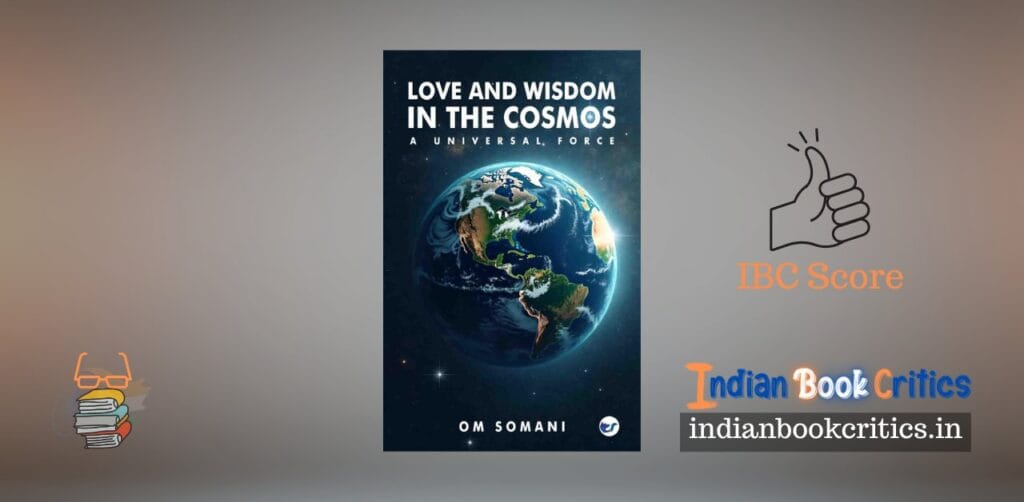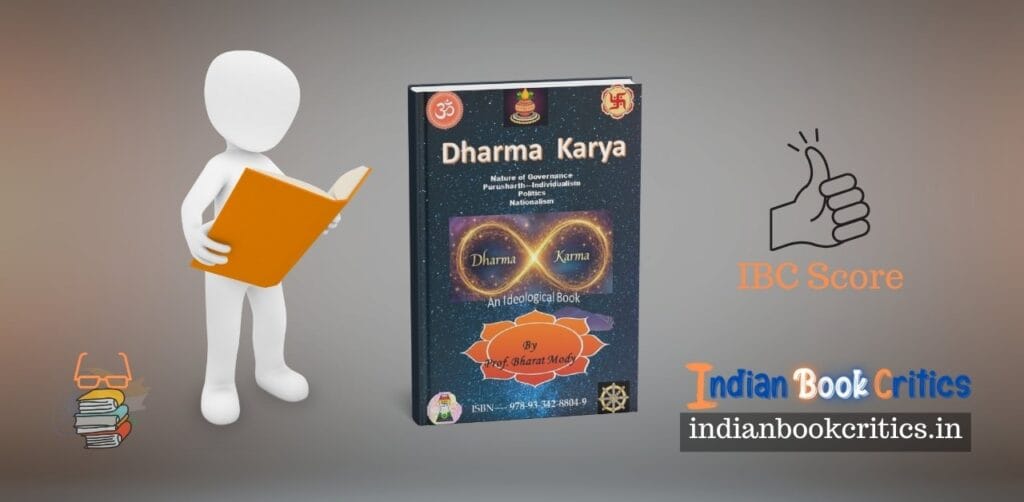Books on relationships often find their perplexing tests in India. We have a complex list of relationships. In-laws, maternal, paternal, distant ones, and occasional relatives who show up at festivals only – Indian relationship counselling needs Indian experts; don’t you agree? So, why should we leave our relationship-bonding literature to others? That is why I was very enthusiastic when I came across Dr. Meenu Singh’s popular book “The Intentional Daughter-in-Law: A Journey of Compassion and Care”. And believe me. The enthusiasm was worth it; it paid out well, and I outrightly recommend this book before I get into the depths of this title during this book review.
Well, let me clarify that the book’s title is “The Intentional Daughter-in-Law.” Anyone can read the book and benefit from it, nurturing relationships, staying together with loved ones as they recover and heal, or understanding how complex relationship dynamics work in our culture. Now, let’s unpack the book’s content. Let me open it up for you.
There are 10 dedicated chapters in the book, aided by the usual sections, including ‘Purpose of This Book’ and ‘Next Steps: Deepen Your Journey to Peace and Connection’. The construction of the chapters shares uniformity from the beginning to the end. Sections like “Reflection” make it easy for the readers to understand the thought process of the author, a certified coach, and learn the practical ways to deal with issues discussed in the concerned chapters. Though not directly related, you may surmise how the author’s reflections pan out in the larger scheme of the book. In her words, Dr. Meenu puts it this way:
“My hope is that these reflections will provide you with valuable tools, whether you’re striving to improve your relationship with your mother-in-law or simply seeking peace in your life.”
So, the author sets the context for her book at the beginning. It is the author’s memoir of personal experiences during the period her mother-in-law was undergoing cancer treatment. Dr. Meenu utilised her emotional, physical, and spiritual transformation, which was aligned with her mother-in-law’s treatment and recovery, to get this book ready for many readers to benefit from. There are valuable chapters like “A Whirlwind of Decisions,” “A Long Road Ahead,” “When Caregiving and Illness Collide,” and “A New Awareness”. All other chapters are equally beneficial. However, I have picked these chapters as they might relate to many readers irrespective of their predicament.
The key highlight of this book is how the author realises not only that the big decisions, giant leaps, and drastic changes help mitigate the emotional and familial bonds, but also that the tiny acts of concern and comfort matter. The author’s detailed description of many big and small changes she and her family made to accommodate the ailing mother-in-law may help readers understand how caring for each other in a family demands dedication. However, with some adjustment and intention, managing even the herculean tasks that might otherwise consume one’s hopes and positivity is very much possible. You may understand the summum bonum of this book in the words of the author:
“My takeaway from this journey was to give myself permission to be vulnerable while also cultivating inner strength. It’s in the small acts–like setting up a comfortable room, researching the best routes, or simply sitting beside a loved one without words–that resilience is built.”
Chemotherapy is a big ask, especially with the aged people. Dr. Meenu’s mother-in-law braved the journey only with the support of her sons and daughter-in-law, the author. Though the author did not take her pain away, her support in various forms must have helped her heal better and quickly. You will realise the same once you go through the book.
Coming to the specific purpose of the book, the ‘Intentional Daughter-in-Law’ part, the Indian family system is different from the world. So, who else could be a better person to understand the complex relationship between a Saas and a Bahut (mother-in-law and daughter-in-law) than a daughter-in-law, who happens to be a certified coach? Dr. Meenu Singh’s understanding of the nuanced relationship between two women, both essential in the lives of men – the mother and the wife – shines through the book’s chapters and readers, irrespective of their gender and standing in the family, will learn a lot from the book.
For example, the newcomer in the family, a woman from a different family, place and perhaps a different environment, must make many adjustments. That might be too much initially. However, if one intends to walk, things might become convenient and productive. In the words of the author:
“Initially overwhelmed by the change, I discovered how family dynamics could shift beautifully to create a nurturing environment.”
What steps could women take to make the most of the journey with the new family? How to get on the right foot with the mother-in-law? Well, the book does not offer a list of dos and donts. You will have to decrypt the important and valuable lessons from the book’s text by thoroughly reviewing it and interpreting the anecdotal recitation of the events shared by the author. A simple lesson that I could extract from the book, for instance, is below:
“But I made a conscious decision to treat Mummy as I would my own mother. I knew I couldn’t control how she saw me or whether she would every fully accept me as a daughter, but I could control how I treated her.”
The book has many qualities that help readers from different backgrounds learn new ways to make peace among family members and help each other during times of distress. Moreover, the book will prove handy to women, the new daughters-in-law, who want to get along with their mothers-in-law without appearing as their unintentional competitors. This relationship is fragile, layered, and not simple. Dr. Meenu puts it this way:
“Relationships, especially with in-laws, don’t grow in perfect conditions. They grow in the everyday moments, in the shared challenges, and in how we choose to show up for each other when things get hard.”
In short, the author hints at staying together and understanding each other for the better of the relationship without being judgmental and expecting a quick reception. Like the above, many life lessons are embedded in the book.
As for the limitations of this book, the only one I could notice after carefully examining the book appears in the form of the narrative. The book is personal in nature, and so it becomes the narrative at times. Readers will have to be prepared to receive the book as such. Otherwise, if readers care to read the sections before the chapters begin, they might have a different impression of the book. The author explicitly mentions its usability for ‘every woman who has felt overwhelmed, disheartened, or defeated by her relationship with her mother-in-law’. However, the book does not cover a wide range of scenarios other than suffering and, thereafter, a recovering mother-in-law who requires attention and affection. Many different aspects of this nuanced relationship need to be examined and discussed. Instead, the book becomes a memoir of the harmoniously intensifying relationship between Dr Meenu and her mother-in-law, which develops during the crisis.
Overall, “The Intentional Daughter-in-Law: A Journey of Compassion and Care” by Dr. Meenu Singh is an excellent book that addresses a significant issue. It will undoubtedly help readers, especially women, in many ways. You can get a copy of this book from Amazon India by clicking the link below.
Get a copy from Amazon – click here.
Review by Ashish for Indian Book Critics
..//\\..
The Intentional Daughter-in-Law: A Journey of Compassion and Care by Dr. Meenu Singh, a detailed review
- IBC Critical Rating
Summary
An interesting topic… the book becomes instantly useful, no doubt. Women must benefit from it, and so must men.




